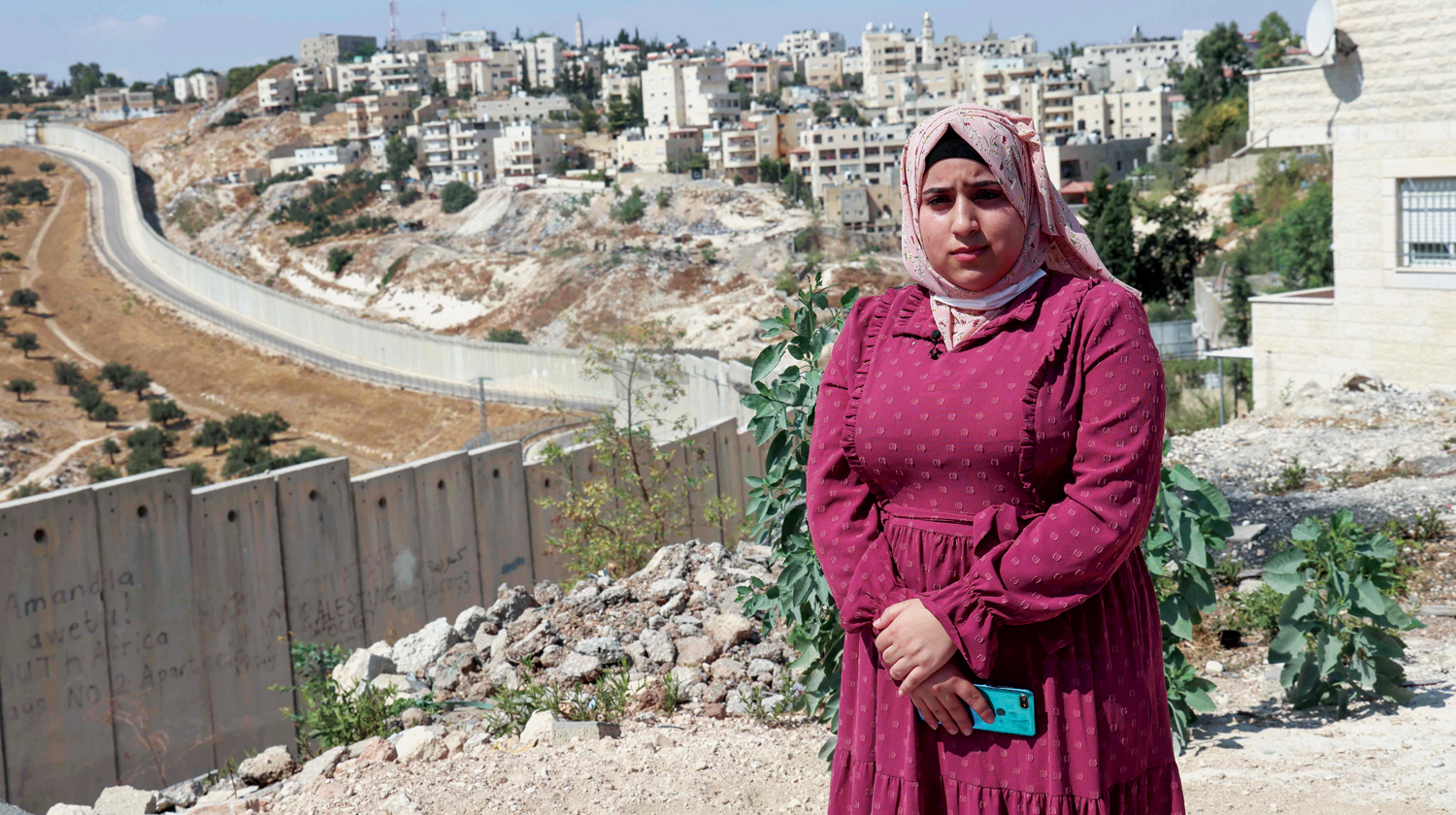

JENIN: Two decades on from the second intifada, Palestinians who grew up in the shadow of the uprising find themselves surrounded by physical and political barriers with little hope for the future.
In Jenin refugee camp, in the north of the occupied West Bank, the walls are plastered with posters showing young Palestinian men wearing keffiyeh scarfs around their necks and clutching AK-47 assault rifles.
Whether killed by Israeli forces or jailed, their images have faded over the years.
“When I walk through the camp, I try to reconcile my memory with what I see today,” said Nidal Naghnaghyeh Turkeman, 48, who spent 17 years in prison for his role in the uprising.
Nidal fought in the ranks of the main Palestinian faction Fatah in the first intifada (1987 to 1993) which preceded a brief optimistic period when the Oslo peace accords brought hope of a lasting solution to the Israeli-Palestinian conflict.
But by the turn of the century disillusionment had set in and the second intifada broke out after right-wing Israeli opposition leader Ariel Sharon visited the Al Aqsa mosque compound in annexed east Jerusalem on September 28, 2000.
The move was seen as a provocation by Palestinians and violent clashes between them and Israeli forces followed.
The second intifada lasted five years, during which attacks were carried out in Israel, the Gaza Strip and the West Bank.
In response, Israel reoccupied much of the West Bank and began building a separation barrier between the two communities that in places cuts deep into occupied territory.
Jenin refugee camp was caught up in the violence and in 2002 was besieged by Israeli forces for more than a month.
REMINDERS
Turkeman, who lost two brothers in the fighting, was jailed for his role in an attack shortly after the siege which killed six Israeli civilians.
While reminders of the uprising can be seen on the streets of Jenin, such as a former fighter selling grapes in a wheelchair, daily life has changed significantly over the past two decades. Turkeman’s twin daughters, Yara and Sara, were born just weeks before the siege and saw little of their father growing up. “At the start we rejected him. We couldn’t find a place for him in our hearts,” said Sara, an 18-year-old studying IT at university. — AFP
Oman Observer is now on the WhatsApp channel. Click here



